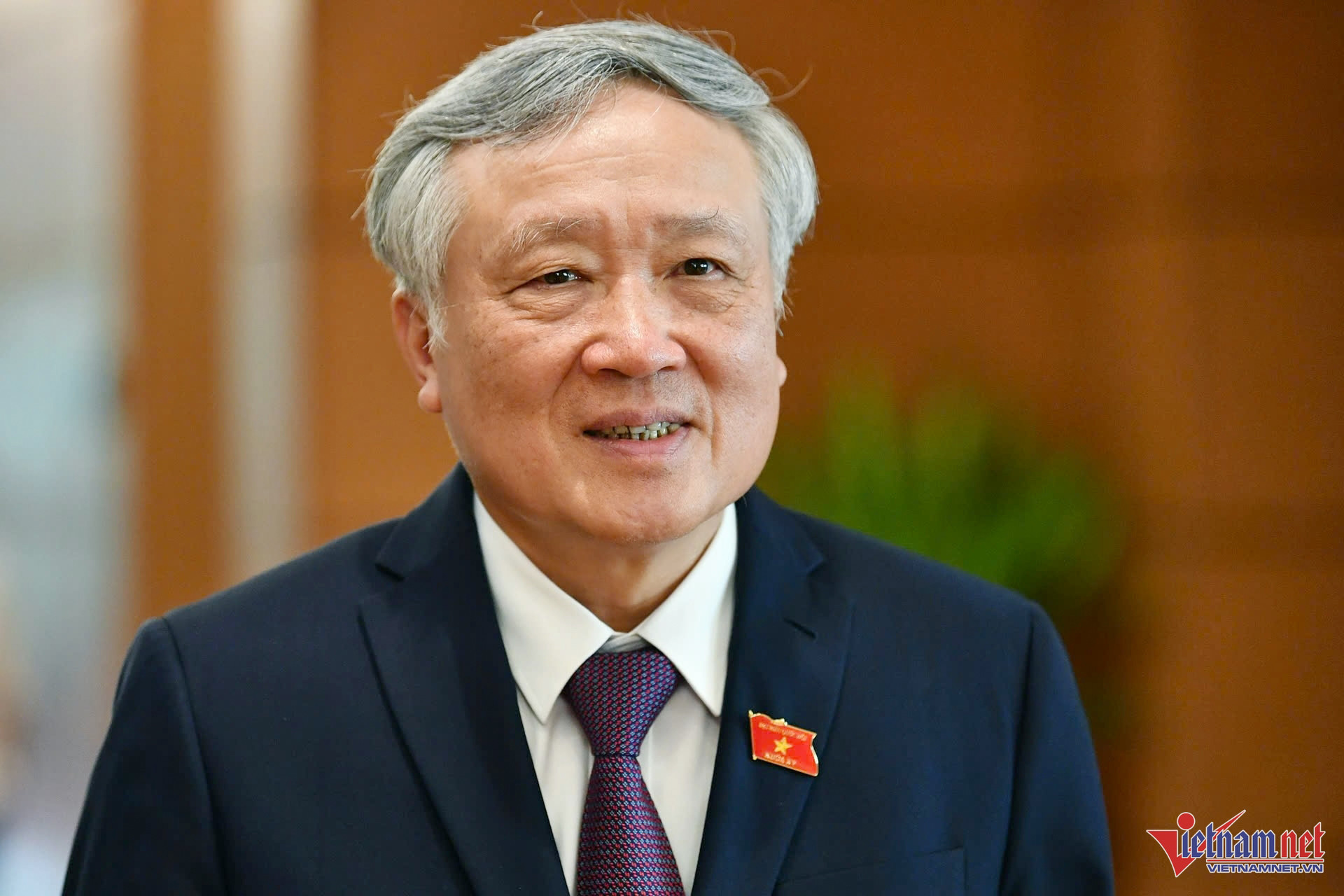In his new role, Deputy Prime Minister Nguyen Hoa Binh will oversee critical areas including planning and investment, economic forecasting, and macroeconomic policy management. He will also be responsible for the development of various types of enterprises, collective economies, and cooperatives.

Mr. Binh is tasked with supervising efforts to combat crime, smuggling, trade fraud, and corruption. His portfolio includes overseeing inspections, addressing complaints and denunciations, and managing issues related to ethnicity, religion, and administrative reforms.
Additionally, he will lead initiatives on digital transformation, amnesty policies, and judicial reform, ensuring coordination between the government, the Supreme People's Court, and the Supreme People's Procuracy.
He will directly oversee the Ministry of Planning and Investment, the Ministry of Home Affairs, the Government Inspectorate, the Committee for Ethnic Minority Affairs, and the Government Office.
As the head of several national councils and steering committees, Mr. Binh will play a pivotal role in various strategic areas.
These include the National Steering Committee for Crime Prevention, the National Steering Committee against Smuggling, Trade Fraud, and Counterfeit Goods, and the Central Steering Committee overseeing the implementation of three National Target Programs: New Rural Development (2021-2025), Sustainable Poverty Reduction (2021-2025), and Socio-Economic Development in Ethnic Minority and Mountainous Areas (2021-2030). He will also spearhead efforts in developing collective economies and cooperatives.
Additionally, he will act on behalf of the Prime Minister to direct government activities whenever the Prime Minister is absent or delegates authority to him.
Other Deputy Prime Ministers and their roles:
Deputy Prime Minister Tran Hong Ha has been assigned to oversee areas such as transportation, construction, natural resources, the environment, climate change, agriculture, and rural development. He will also handle key national projects, basic construction investments, and regional development plans.
Deputy Prime Minister Le Thanh Long will focus on institutional building, rule-of-law state development, resolving international disputes, and overseeing education, labor, social issues, culture, tourism, sports, and healthcare.
Deputy Prime Minister Ho Duc Phoc, who also holds the position of Minister of Finance, will oversee finance, banking, capital markets, and state budget management. He will also be responsible for public asset management, wage policy, and social insurance.
Lastly, Deputy Prime Minister Bui Thanh Son, who also serves as Minister of Foreign Affairs, will oversee foreign relations, international integration, ODA, FDI, and energy security. He will also manage Vietnam's relations with international organizations, border issues, and human rights.
Thu Hang